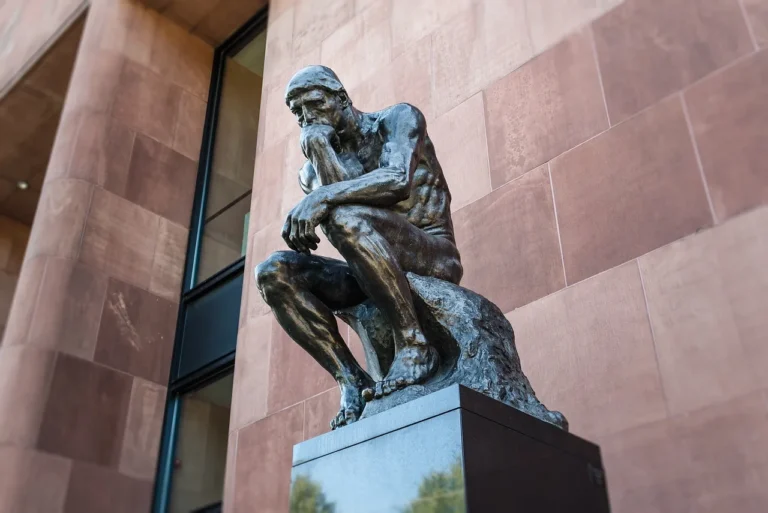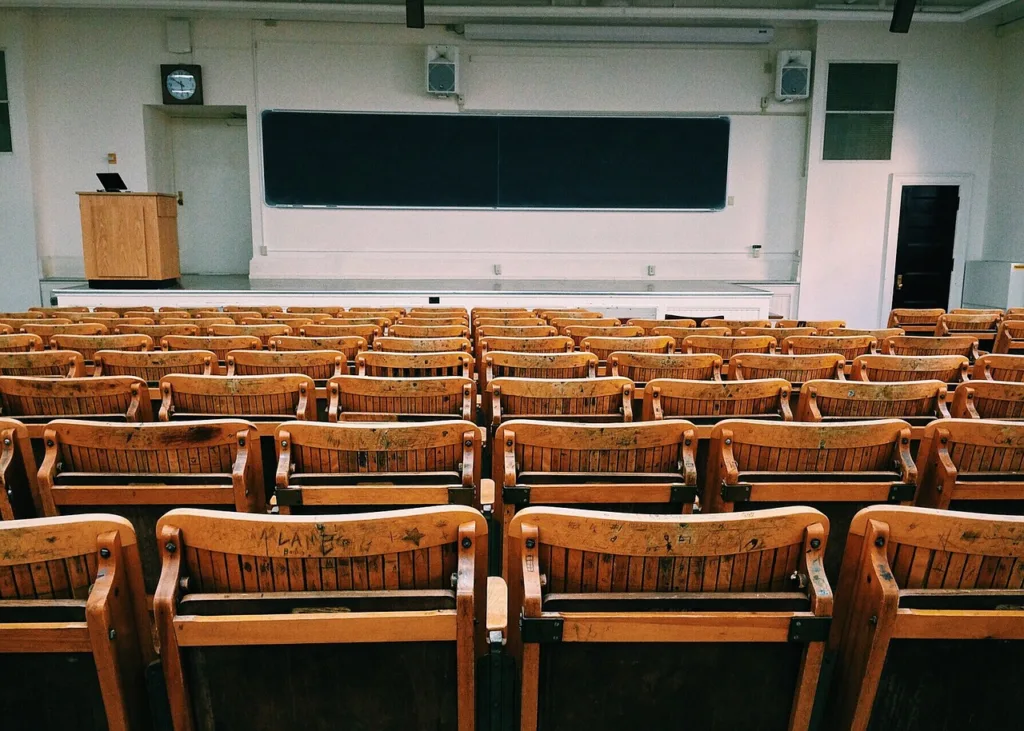Who Invented School?
Schools play a crucial role in our society, providing a structured environment for learning and personal growth. But have you ever wondered who invented the concept of school? In this article, we will delve into the origins of schools and explore the fascinating journey of educational development throughout history.
Table of Contents
Introduction
Schools, in their most basic form, are institutions designed to provide education and facilitate the acquisition of knowledge and skills. They are fundamental in shaping the minds of individuals and preparing them for the challenges of life. Schools have existed in various forms across different civilizations and time periods, with each contributing to the evolution of education.
Early Education Systems
Before delving into the specific inventors of schools, it is important to understand the early education systems that laid the foundation for formalized learning. Ancient civilizations recognized the importance of education and developed their own methods of teaching and transmitting knowledge.
In Mesopotamia, one of the cradles of civilization, scribes were trained in specialized schools to learn reading, writing, and mathematics. The ancient Egyptians also had a formal education system that focused on teaching skills such as hieroglyphic writing and religious rituals.
Ancient Greece and Rome were renowned for their contributions to education. In Greece, the city-state of Athens established public schools where boys received instruction in subjects like mathematics, music, and philosophy. Rome, on the other hand, emphasized practical education, preparing individuals for roles in administration, law, and military.
Ancient China and India also had well-developed educational systems. In China, Confucianism played a significant role in shaping education, emphasizing moral values, ethics, and the pursuit of knowledge. India, with its ancient universities like Nalanda and Taxila, promoted the study of various disciplines such as mathematics, astronomy, and philosophy.
Educational Innovations in the Middle Ages
The Middle Ages witnessed the rise of monastic and cathedral schools. Monastic schools, established by religious orders, provided education primarily to train monks and clergy. These schools focused on teaching Latin, theology, and other religious subjects. Cathedral schools, located near cathedrals and led by canons or priests, also provided education but with a broader curriculum that included arithmetic, geometry, and music.
As Europe emerged from the Middle Ages, the Renaissance brought a renewed interest in education. Humanist thinkers like Desiderius Erasmus advocated for a more holistic and liberal education, emphasizing the importance of literature, history, and classical languages.

Modern Education Systems
The Enlightenment period marked a significant turning point in education. Influenced by the ideas of philosophers like Jean-Jacques Rousseau and John Locke, education became seen as a means to foster critical thinking and individual development. The Enlightenment ideals spread throughout Europe and beyond, paving the way for the establishment of modern education systems.
The Industrial Revolution in the 18th and 19th centuries brought about significant changes in society, including the need for a more educated workforce. Mass education became a priority, and governments started to invest in public schools to provide basic education to all children, regardless of social class.

Influential Educational Thinkers
Several influential educational thinkers have contributed to the development of modern schooling. Their ideas and pedagogical approaches have shaped the way we educate children today. Let’s explore a few of these prominent figures:
John Amos Comenius: Comenius, a Czech educator, is often referred to as the father of modern education. He emphasized the importance of visual aids, experiential learning, and education for all, regardless of gender or social background.
Johann Heinrich Pestalozzi: Pestalozzi, a Swiss educator, focused on child-centered education and the importance of nurturing a child’s natural curiosity and creativity.
Friedrich Fröbel: Fröbel, a German educator, is best known for developing the concept of kindergarten, which emphasized play-based learning and hands-on activities for young children.
Maria Montessori: Montessori, an Italian physician and educator, developed the Montessori method, which emphasizes self-directed learning, independence, and the importance of the prepared environment in facilitating a child’s education.
John Dewey: Dewey, an American philosopher and educational reformer, believed in learning through experience and advocated for a more practical and interactive approach to education.
The Role of Compulsory Education
The development of compulsory education laws has played a crucial role in ensuring universal access to education. These laws require children to attend school for a certain number of years, making education a fundamental right and a societal obligation.
Compulsory education laws emerged in different countries at different times. The first modern compulsory education law was enacted in Prussia in the 18th century. Other countries followed suit, gradually implementing compulsory education for all children.
While compulsory education has significantly increased literacy rates and educational opportunities, it also presents challenges. Some argue that it restricts freedom and imposes a one-size-fits-all approach to education, while others highlight the importance of providing equal opportunities for all children to succeed.

Evolution of School Systems
School systems have continued to evolve and adapt to the changing needs of society. Education reforms and advancements in technology have shaped the way we teach and learn. In recent years, the digital revolution has transformed education, introducing new tools, platforms, and opportunities for remote learning and personalized instruction.
Modern schools are not limited to traditional classrooms. Online education, homeschooling, and alternative educational models have gained popularity, offering flexibility and customized approaches to learning.
Conclusion
The concept of school has evolved over centuries, shaped by the contributions of ancient civilizations, influential thinkers, and societal changes. Schools have become the cornerstone of education, providing opportunities for personal growth, knowledge acquisition, and social interaction. While the specific inventor of school cannot be attributed to a single individual, the collective efforts of countless educators and thinkers have paved the way for the education systems we have today.
Education is a powerful tool that empowers individuals, fosters societal progress, and shapes the future. As we continue to embrace new technologies and innovative approaches to education, it is essential to remember the rich history and diverse contributions that have brought us to where we are now.
Frequently Asked Questions
John Amos Comenius is often referred to as the father of modern education.
Compulsory education laws first started to emerge in the 18th century, with Prussia enacting the first modern compulsory education law.
The Montessori method is an educational approach developed by Maria Montessori. It emphasizes self-directed learning, independence, and the importance of the prepared environment in facilitating a child’s education.
Technology has had a significant impact on modern education. It has introduced new tools, platforms, and opportunities for remote learning, personalized instruction, and access to a vast range of educational resources.
Alternative educational models include online education, homeschooling, and specialized schools that offer customized approaches to learning outside of traditional classroom settings.
FOR MORE VALUABLE TIPS BUY OUR PARENTING COURSES AT https://www.kidzoot.com/courses/
CONSULT YOUR PERSONAL PARENTING SOLUTIONS VIA APPOINTINTMENT AT https://www.kidzoot.com/appointment-booking/
Follow Us on Twitter www.twitter.com/kidzootworld

